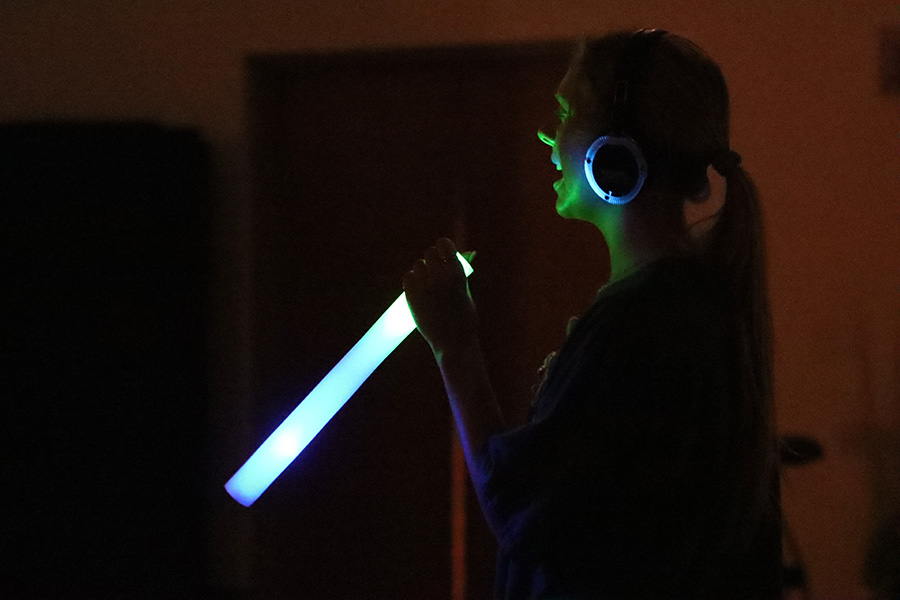Halloween candy, Thanksgiving turkey and Christmas presents aren’t the only gifts fall and winter have to offer. Most people receive a case of the common cold or a flu virus as well.
Luckily, people have a chance to ward off these illnesses before they attack.
Ruth Sarna, director of student health services, said students can build up their immunities in many ways to these diseases in hopes of preventing them.
With plenty of hand washing, fluid intake and sufficient rest, Sarna said students can increase their chances of staying healthy. Most importantly, students should keep things like pens, pencils and keys out of their mouths and avoid touching their hands to their faces.
“Don’t revert to your childhood,” Sarna said.
Senior Sarah Shipley thinks college students are more susceptible to catching illnesses like the common cold and the flu and should do their best to get enough rest and eat healthy.
“They just don’t take care of themselves as well as they should, probably,” Shipley said.
Senior Lauren Yonkey said a good way for students to stay healthy is by getting enough sleep and not stressing out too much, which is what a lot of people tend to do.
“If you don’t take care of your body, your body’s not going to take care of you,” Yonkey said.
Sarna said refraining from smoking and drinking can help as well.
“Smoking and use of alcohol cut down on your body’s ability to fight and kind of hamper resistance,” Sarna said.
Sarna also heavily encourages students to receive the flu shot, especially if they have asthma or other chronic health problems. She’s already given out more than 35 and still has plenty left.
The shots usually take about two weeks to build up immunity but will last all year, Sarna said.
Yonkey said flu shots are helpful because it not only keeps most people getting the shot healthy but it also stops them from transferring illnesses to others.
“Not only do you stay healthy but you help all your friends and family that you’re around stay healthy too,” Yonkey said.
Sarna said if someone is unfortunate enough to catch a virus such as the flu or the common cold, antibiotics won’t work and the only thing to do is to let it run its course.
“You treat a cold and it will last seven days. If you don’t treat a cold, it will last a week,” Sarna said.
There are things students should do if they start to feel ill, however. Sarna said along with following the same preventative measures, gargling salt water will help stop some sinus buildup.
She said people should also do things like cough and sneeze into their sleeves and not their hands. Also, if a student is running a fever, they should avoid class.




